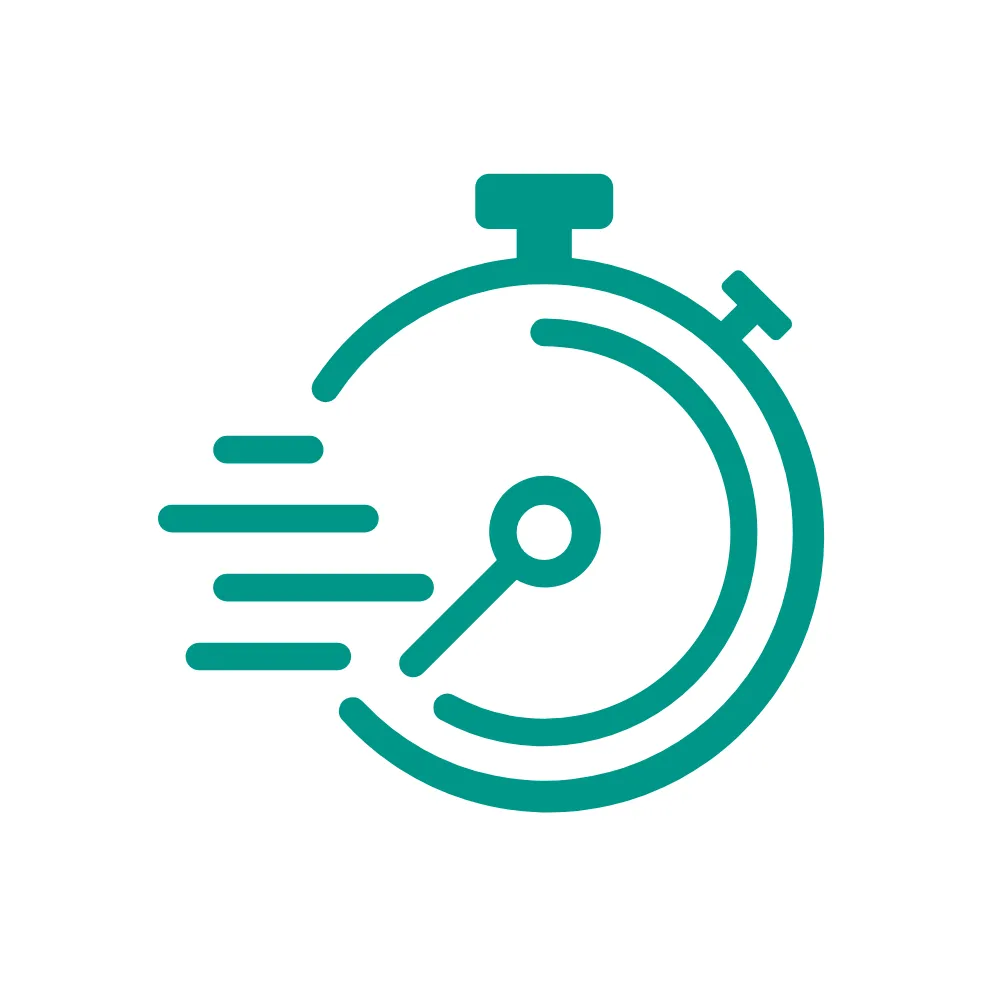Tests For Pelvic pain in Pune
A list of lab tests and other self-help tools for Pelvic pain in Pune
What is Pelvic pain
Pain or discomfort in the area of the hips, lower abdomen, and groin.
List of Lab Tests For Pelvic pain
- Comprehensive Metabolic Panel (CMP)
- Urine Routine Test
- CBC-Complete Blood Count
- Liver Function Tests (LFTs)
- SHBG Test
How will these tests help?
The group of tests will help us understand why you are experiencing pelvic pain. These tests include a Comprehensive Metabolic Panel (CMP), Urine Analysis, Complete Blood Count (CBC), Liver Function Tests (LFTs), Sex Hormone Binding Globulin (SHBG), C-Reactive Protein (CRP), Progesterone Levels, Human Chorionic Gonadotropin (hCG), Serum Transaminase Levels, and Prostatic Specific Antigen (PSA) Test
We can group the tests into two groups based on their diagnostic value. The first group of tests will look at your general health, such as your metabolic panel, complete blood count, and liver function tests
These tests will help us determine if there is an underlying health issue causing your pelvic discomfort. The second group of tests will look at hormones and other proteins in your body, such as your sex hormone binding globulin, C-Reactive Protein, progesterone levels, Human Chorionic Gonadotropin, serum transaminase levels, and Prostatic Specific Antigen Test
These tests will help us determine if there is an imbalance in hormones or proteins that could be causing your pelvic pain. By taking these tests, we will be able to gain a better understanding of why you are experiencing pelvic distress and determine the best course of treatment for you.
Book Tests for Pelvic pain in Pune
Pathofast offers Tests for Pelvic pain at our center in Manisha Terrace, Moledina Road, Pune, Camp, India
Our lab in Pune, is known for its exceptional hygiene, polite staff and quick reports
Our Pune Center, is located close to the railway station and the Swargate Central Bus Depot, as well as the new Metro Lines
Please choose an option below to proceed with your booking:
Self Test for Pelvic pain
Answer the following 3 questions to know whether you should get yourself investigated further


Result :
List of symptoms associated with Pelvic pain
-
 Abnormal bleeding
Abnormal bleeding
You may have noticed some abnormal bleeding, such as heavier or longer menstrual periods, bleeding between periods, or bleeding after intercourse.
-
 Painful intercourse
Painful intercourse
You may have experienced pain, discomfort, or burning during intercourse.
-
 Lower abdominal pain
Lower abdominal pain
You may have experienced pain in your lower abdomen, which may be worse with activity or during certain times of the month.
List of home remedies for Pelvic pain
Try these at home, only after consulting your doctor
-
 Heat therapy
Heat therapy
Applying a heating pad or hot water bottle to the pelvic area can help relieve pain and relax tense muscles.
grade -
 Exercise
Exercise
Gentle stretching and low
grade -
 Relaxation techniques
Relaxation techniques
Practicing relaxation techniques such as deep breathing, progressive muscle relaxation, and mindfulness can help to reduce stress and tension in the pelvic area, which can help alleviate pain.
grade

